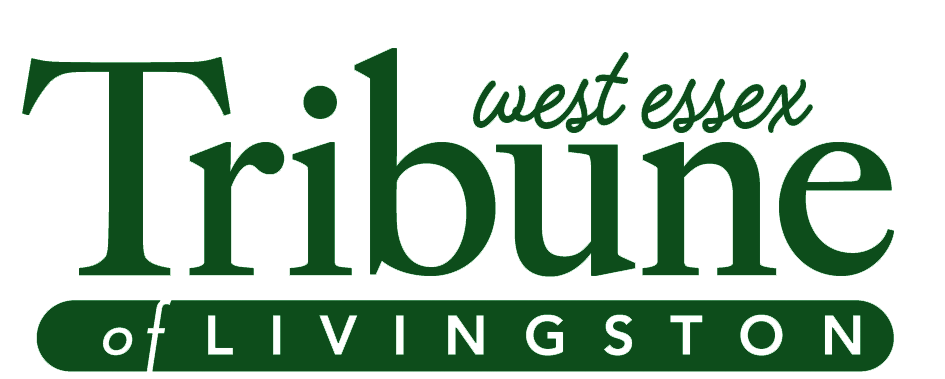Last month, the Township Council issued a proclamation and passed a resolution declaring “Book Choice Freedom” in Livingston.
The resolution confirmed the township’s support of residents’ freedom to read whatever books they please, and denounced censorship and the efforts of “some individuals, groups, and public authorities” to “remove or limit access to reading materials, to censor content in schools, to label ‘controversial’ views, to distribute lists of ‘objectionable’ books or authors, and to purge libraries of materials reflecting the diversity of society.” The resolution also noted that “the freedom to read is essential to our democracy,” and that the township “encourages free people to read freely, now and forever.”
In addition to Livingston’s resolution, a state bill may further strengthen New Jersey’s stance on book bans. Democratic lawmakers recently introduced a bill that would essentially require libraries and schools to enact “bans on book bans” or lose funding. We are lucky to live in a town and state that supports these freedoms; not everyone is so fortunate.
While we have not faced an onslaught of book ban requests like some communities have, it is good that the town is being proactive on this issue. Though the specific books challenged were not named, there have been requests to ban books in Livingston. During anApril panel about book bans, Livingston Public Schools’Board of Education president Vineeta Khanna said there had been a “few”requests to ban or restrict titles throughout the district in recent years.
It is worth noting, too, that nationally, a limited number of people are behind most of these banned book requests. Last week, a Washington Post article about book bans noted that a very small minority was responsible for the book challenges filed in 153 districts during the 2021-22 academic year. These “serial filers” included 11 people who filed ten or more requests to challenge books, with one person filing 92 challenges. In all, they were responsible for more than two-thirds of all challenges; six percent of book challengers were responsible for 60 percent of filings to ban books.
Still, last year, 37 states fielded a total of more than 1,000 challenges, and 68 percent of those challenges were related to LGBTQ+ content. Race was another highly cited book challenge target.
The Washington Post article, which cited an analysis of school district records by the American Library Association, noted that only one in five challengers identified as parents. So, the vast majority of those trying to get books banned are not concerned with their own children, but rather forcing their perceived “values” on others.
We are proud to live in a town that supports the freedom to read whatever one chooses, which we view as a right that should be foundational and inalienable.
We live in a time of strong polarizing viewpoints, but even so, one place we believed was safe from controversy was the library. After all, as Livingston Library Board of Trustees copresident Laurence Bergmann noted when thanking the Council for issuing the proclamation, “It’s a library. If you don’t like a book, bring it back. You don’t have to read it.”
Now that we have reached June, we hope everyone celebrates the passage of this resolution by planning out a summer reading list. From easy beach reads to literary classics, there is no better time to pick up a new book (or an old favorite). You have the freedom to read whatever you want: take advantage of it.


